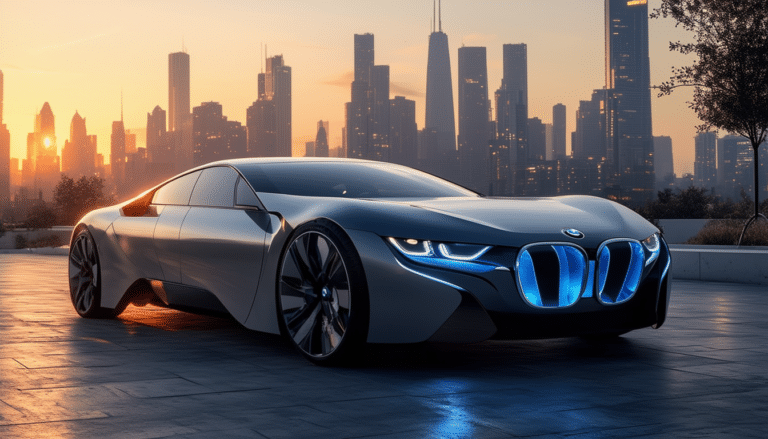A pesar de los miles de millones de euros gastados en la transición ecológica, la flota de vehículos envejece
Despite the billions of euros invested in the ecological transition, the reality of the aging vehicle fleet is becoming increasingly evident. Since 2011, the average age of cars on the road has been rising, reaching alarming figures that negatively impact the environment, especially in reducing CO2 and particulate emissions. This situation raises questions about the effectiveness of the investments made and the challenges faced by policies to modernize the vehicles on the roads.
In recent years, the vehicle fleet has been aging alarmingly, despite massive investment in ecological transition initiatives. Since 2011, the average age of cars has increased significantly, resulting in higher CO2 emissions and a negative impact on air quality. This phenomenon raises questions about the effectiveness of the implemented policies and the use of public money in this area.
Aging of the Automotive Fleet
The automotive fleet in Spain had an average age of 9 years in 2011, which has been rising, reaching 11.3 years by 2025, according to data from the Ministry of Transport. The situation is marked by the growth in the number of vehicles, which reached 39.2 million in 2024. It is noted that while there is a push to promote electric vehicles and reduce the carbon footprint, the reality of the fleet’s aging is very concerning.
Impact of the Ecological Transition
Despite the 1.5 billion euros that the State invested in the ecological transition in 2024, the results have not met expectations. These funds were allocated to social leasing programs and incentives for purchasing vehicles that emit little or no CO2. However, social leasing has not managed to reach the most needy households, who would benefit the most from a shift to more sustainable models.
Factors Behind the Aging of Vehicles
The main reason for the aging fleet is the decline in new vehicle sales, which have collapsed due to the crisis caused by the Covid-19 pandemic. Registrations fell from 2.21 million in 2019 to just 1.72 million in 2024, revealing a cumulative loss of 2.8 million vehicles in France. This context has led many drivers to keep their vehicles longer due to economic uncertainty and the high price of new cars.
A Questionable Approach to Financing
The question is raised whether it is appropriate to allocate hundreds of millions of euros to finance only 300,000 electric vehicles per year, when this does not significantly impact the rejuvenation of the fleet. Some experts suggest that it would be more effective to implement a system that would allow halving the age of the automotive fleet. This would require a critical evaluation of current policies and a more comprehensive approach to sustainability and consumer support.
Conclusions to Consider
The situation of an aging vehicle fleet while investing in ecological transition represents a significant challenge for current environmental and automotive policies. Efforts to promote sustainability must necessarily consider the real market context as well as the needs of consumers. For more information on how you could maximize fuel efficiency on your trips, visit this article. Additionally, explore how electric mobility is shaping the future in the following link: electric mobility.
A Call for Reflection on the Ecological Transition
Despite the billions of euros invested in the ecological transition, the vehicle fleet continues to age, raising serious concerns about the effectiveness of current policies. Significant investment in social leasing and bonuses for low CO2 vehicles has not been able to renew the automotive fleet as expected, leaving many modest households without access to these benefits. The situation is further complicated by the high prices of new cars, which discourage consumers from purchasing more recent models.
It is imperative to reevaluate the strategies being used for vehicle renewal, as the current approach does not seem to have the desired impact on emission reductions or fleet modernization. Without a change in the direction of policies, the dream of an effective ecological transition could remain a distant goal.





